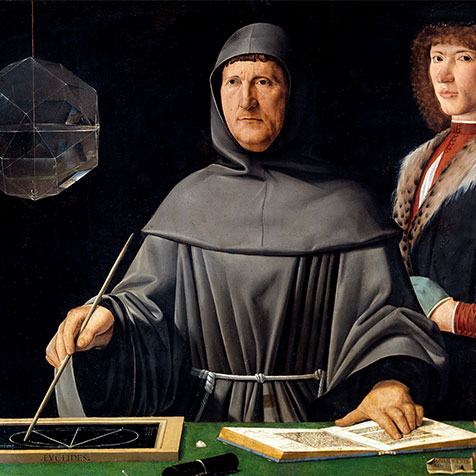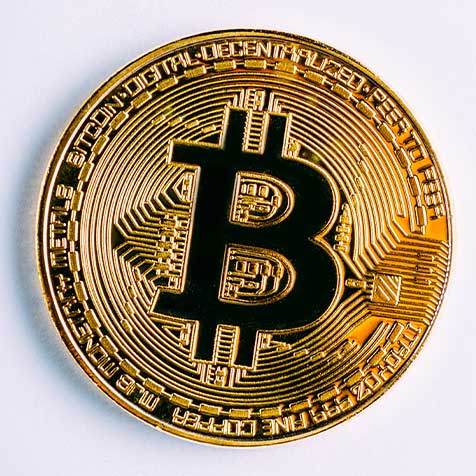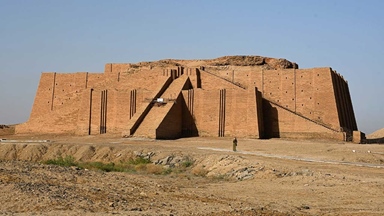Loading...
1 May 2023
·
2 min read time
Loading component...
At a glance
By Nigel Bowen
1. Accounting dates back to:
- 3400-3000 BCE, when Kushim, a Sumerian of Mesopotamia and the world’s earliest-known accountant, signed off on an inventory of barley on a clay tablet
- 814-146 BCE, when the Carthaginians invented the first known auditing system to assist with their extensive trade throughout the Mediterranean
- 375-283 BCE, when Indian polymath Chanakya laid the groundwork for double‑entry bookkeeping, taxation and public finance

2. Luca Pacioli, the “father of modern accounting”, is also known for:
- Collaborating with Michelangelo on the Sistine Chapel
- Writing the world’s oldest book about magic tricks
- Creating the world’s first known cipher device
3. Where and when was the world’s first “modern” stock exchange established?
- London in 1571
- Amsterdam in 1602
- New York in 1792
4. Which Prime Minister introduced Britain’s first “modern” income tax, and why?
- Sir Robert Peel, to address the budget deficit in 1842
- Robert Banks Jenkinson, to raise more money for the Royal Navy in 1816
- William Pitt the Younger, to help finance British involvement in the French Revolutionary War in 1799
5. Where and when was the world’s first professional accounting body founded?
- England and Wales in 1852
- Scotland in 1854
- The US in 1887
6. What was the world’s first accounting software package for Windows PCs?
- Open Systems Accounting Software
- QuickBooks
- Peachtree Accounting
7. The Sarbanes–Oxley Act of 2002 was introduced in the US to:
- Prevent the kind of conflicts of interest that had caused late 20th century accounting and corporate scandals
- Promote financial stability and protect consumers from abusive financial practices
- Allow mergers between commercial and investment banks

8. The first purchase ever made using Bitcoin was for:
- A “Roomba” vacuuming device
- Two pizzas
- A pair of alpaca socks.

